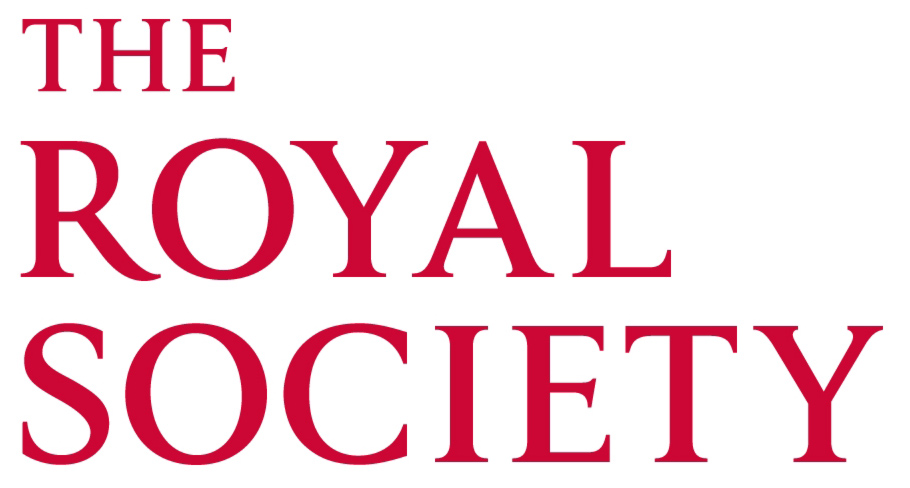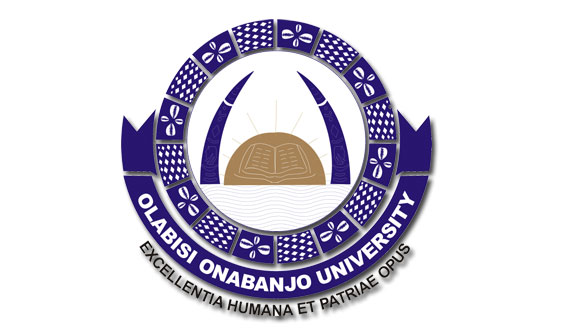2022 Royal Society University Research Fellowship
Until this point, the University Research Fellowship (URF) has been a five year fellowship, with the option to apply for a three year extension. From the current round onwards, applicants will have the opportunity to submit a research proposal and costs for an eight-year fellowship. Costs for years six to eight will be subject to satisfactory progress and completion of a mid-fellowship checkpoint review at the start of year four. In addition to the change regarding the duration of the fellowships, the award value has also been updated with respect to previous rounds. From now on researchers can apply for up to £90,000 research expenses per annum to support the research programme proposed in their application.
These changes have been introduced to increase the stability of funding available to URFs, support them to develop their research group and give them the opportunity to focus on their research aims with a reduced administrative workload.
The scheme offers you:
- the opportunity to build an independent research career
- freedom, time and long term flexible support to pursue high-quality and innovative lines of scientific research
- support to develop as a research leader by offering tailored, high-quality professional development, networking and engagement opportunities
- flexibility to accommodate personal circumstances such as caring responsibilities or health related needs
This scheme is highly flexible to accommodate for part-time working, sabbaticals and secondments. There is also provision for maternity, paternity, adoptive or extended sick leave (PDF).
Am I eligible to apply?
Research must be within the Royal Society’s remit of natural sciences, which includes but is not limited to biological research and biomedical sciences, chemistry, engineering, mathematics and physics. For a full list, please see the breakdown of subject groups and areas supported by the Royal Society.
Those applying from Ireland (ROI) are funded by Science Foundation Ireland and will need to read the eligibility requirements in the specific scheme notes.
You can apply for this scheme if you:

- have between three to eight years of research experience since your PhD by the closing date of the round. Career breaks are taken into account; please refer to the scheme notes for further detail
- do not hold a permanent post (including proleptic or rolling contract of employment) in a university or not for profit research organisation
- do not hold, or have not previously held, an equivalent fellowship that provides an opportunity to establish an independent research group and therefore independent researcher status
For further information about how to apply, read the FAQs (PDF).
Before applying, please ensure that you meet all eligibility requirements laid out in the scheme notes.
What is the scheme’s value and duration?
From the round opening in July 2022, appointments will be made for an eight-year period, but confirmation of funding for years 6 to 8 will be subject to completion of a satisfactory mid-fellowship checkpoint review at the start of year four.
The scheme provides:
- Research Fellow’s salary: 80% of the basic salary costs up to £41,675 in the first year, estates costs and indirect costs
- Contribution to research expenses of £90,000 per annum
Read the scheme notes for full value of award information.
University Research Fellows have the opportunity to access a range of training programmes covering topics including leadership, science communication and public engagement. Furthermore, opportunities arise throughout the year for University Research Fellows to meet with other award holders and participate in activities coordinated by the science policy, public engagement, schools outreach and industry engagement teams at the Society. For further details relating to the additional benefits of holding a Royal Society Research Fellowship, read our summary page.
What is the application process?
Applications should be submitted through the Society’s grant management system Flexi-Grant®.
Your application will go through the process detailed on the Making a grant application page overseen by one of our five research appointment panels based on your research area.
- Ai: Astronomy, cosmology, physics, earth sciences, environmental physical sciences & geosciences
- Aii: Chemistry and engineering
- Aiii: Pure and applied mathematics, computer science, statistics, communications and computer engineering; the mathematical aspects of astronomy, physics, cosmology, gravitation, theoretical physics
- Bi: Molecular and cellular biology, zoology, plant sciences and physiology
- Bii: Biomedical Sciences
For further information on the Research Appointment Panels, please see our Standing Committees page.
Interviews will be held in April at the Royal Society – you are advised to keep this period free. You will be notified of the result of the application process in May.
The Royal Society recognises that diversity is essential for delivering excellence in science, technology, engineering and mathematics (STEM). The Society wants to encourage applications from the widest range of backgrounds, perspectives and experiences to maximise innovation and creativity in science for the benefit of humanity. We regularly review and revise processes to help ensure that all talented applicants have an equitable chance to succeed as per the assessment criteria. This includes ensuring all panel members are briefed on unconscious bias in decision making as part of the assessment process.
Please note a new statement for applicants on the impacts of COVID-19 has been released on our website.
Support for applicants with disabilities
The Royal Society welcomes applications from scientists with disabilities and provides adjustments to ensure that they can participate fully in the selection process. If you need an adjustment when accessing the application form, attending interviews, or for any other part of the application process, please contact the Grants team on urf@royalsociety.org or +44 20 7451 2666. Adjustments can include, but are not limited to:
- extension of the deadline
- additional support to complete the application form
- technical support during interviews for candidates with hearing or visual impairments
- support during interviews for neurodiverse candidates and those with mental health conditions.
- additional costs to support those candidates requiring a chaperone during interviews.
For more information regarding the scheme, please contact the Grants team on urf@royalsociety.org or call us on +44 20 7451 2666.
Below, you can read case studies from our University Research Fellows. You can also read an in-depth report on the career pathways of our alumni on the Career Pathway Tracker page.
Source: Opportunity Desk




